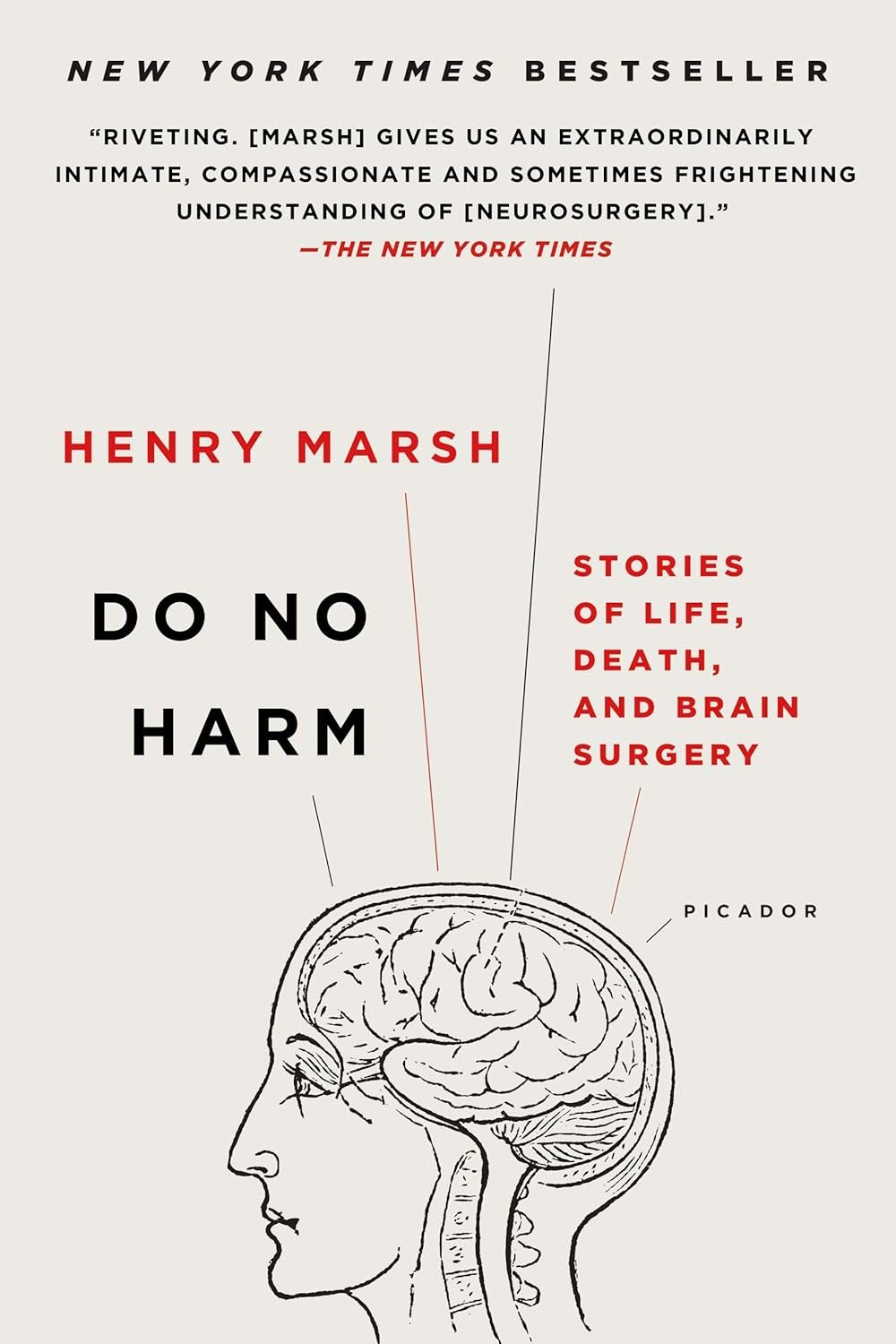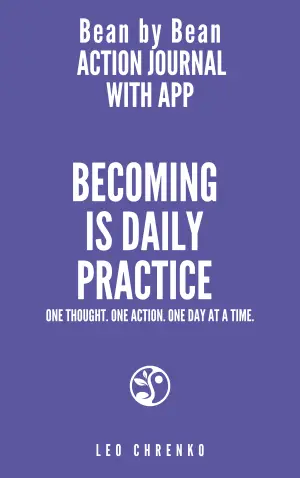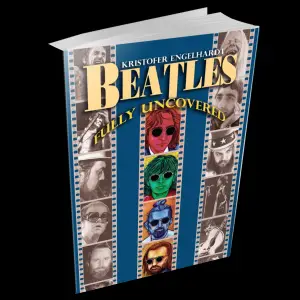Book Review: Do No Harm: Stories of Life, Death, and Brain Surgery by Henry Marsh
When I first picked up Do No Harm: Stories of Life, Death, and Brain Surgery by Henry Marsh, I knew I was embarking on something profound. As someone with an interest in medicine but no professional background, I was drawn to the mix of human emotion and the stark reality of life-and-death situations that Marsh so candidly addresses. It’s a book that not only explores the intricacies of neurosurgery but also delves into the very essence of what it means to be human.
From the outset, Marsh’s narrative is captivating. He doesn’t just present himself as a surgeon; he invites us into his world, where every decision weighs heavily, and the stakes couldn’t be higher. Operating on the brain—the epicenter of our thoughts, feelings, and identities—adds layers of tension and beauty to his stories. He writes not only of triumphs but also of failures, with an honesty that is both refreshing and haunting. There’s a resonance in his acknowledgment of the “ghosts” that haunt him: the patients he couldn’t save, leaving a palpable sense of regret and reflection that feels incredibly human.
Each chapter is structured around a specific ailment, providing an intimate look into both the surgical procedures and the personal stories behind them. The mix of technical insights with emotional depth separates Marsh’s work from typical medical memoirs. It’s not just about the scalpels and sutures; it’s about the lives intertwined with these surgeries. I found myself particularly moved by his stories of patient interactions, where moments of raw vulnerability shine through, making it clear that behind every medical case, there’s a family, a history, a life.
Marsh’s writing style is eloquent and approachable, even when describing complex medical procedures. His ability to transform daunting jargon into relatable anecdotes is commendable. A particular quote that struck me was his reflection on the interplay of hope and despair in his work: “To heal sometimes means to let go.” It’s a poignant reminder of the delicate balance that practitioners like him must navigate. There is humor sprinkled throughout, often tinged with wry British wit, which serves as a much-needed relief in a field marked by sorrow.
In terms of pacing, the narrative flows beautifully, inviting readers to feel and think deeply with each page. The dark humor and moments of candor contrast sharply with the more solemn reflections, leaving you both entertained and contemplative.
Do No Harm is a significant read not just for those in the medical field but for anyone interested in the human condition. It offers a deep understanding of the emotional burdens surgeons often carry and shines a light on the remarkable resilience and empathy required in this profession. The book can be an eye-opener for medical students or those considering a healthcare career, as it artfully showcases the commitment and psychological toll that accompany such a calling.
In conclusion, I wholeheartedly recommend Do No Harm to readers who appreciate authentic narratives and are curious about the intricacies of human life, especially in the context of healthcare. Marsh’s work impacted me personally, fostering a newfound respect for those who operate on the very fabric of our humanity. It’s a reminder to cherish each moment while confronting life’s inevitable realities—both beautiful and tragic.
You can find Do No Harm: Stories of Life, Death, and Brain Surgery here >>







